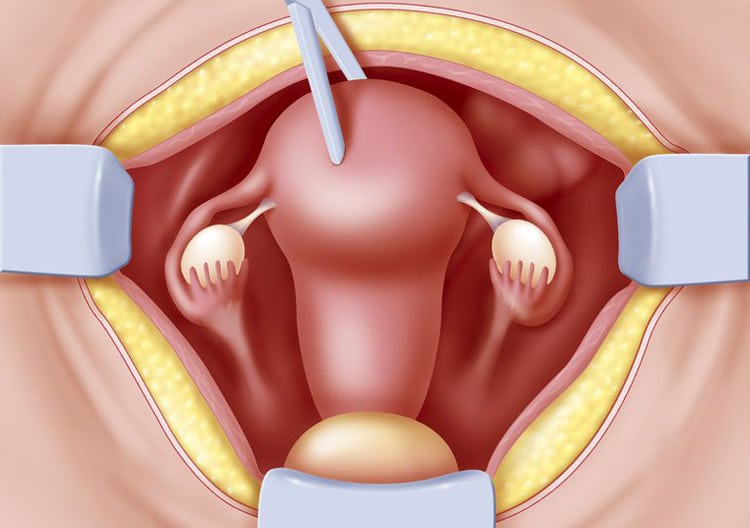
What to Do After Uterus Removal Surgery: A Doctor’s Checklist
Have you recently undergone a hysterectomy and are wondering how to ensure a smooth and speedy recovery? Undergoing a uterus removal surgery, or hysterectomy, is a significant medical procedure that marks a pivotal moment in a woman’s health journey. Whether the surgery was performed to address fibroids, endometriosis, or other gynecological issues, proper post-operative care is crucial for optimal healing and minimizing complications. In Thane, Dr. Arohi Tasgaonkar, renowned as the Best Gynecologist in Thane and a Fibroid Specialist, emphasizes the importance of following specific instructions to enhance recovery.
Here are ten essential guidelines to help you navigate the post-surgery period effectively:
1. Rest and Take It Easy
After a hysterectomy, your body needs ample time to heal. Limit physical activities and prioritize rest to allow your muscles and tissues to recover. Avoid lifting heavy objects and strenuous exercises for at least six weeks or as advised by your surgeon.
2. Manage Pain Effectively
Pain management is a critical aspect of post-operative care. Take prescribed pain medications as directed to keep discomfort under control. Do not wait until the pain becomes severe before taking your medication, as this can help prevent unnecessary suffering and complications.
3. Monitor Incision Sites
Keep a close eye on your surgical incisions for any signs of infection, such as redness, swelling, increased pain, or unusual discharge. Gently clean the area as instructed by your healthcare provider and avoid applying any lotions or creams unless recommended.
4. Maintain a Healthy Diet
Eating a balanced diet rich in fruits, vegetables, lean proteins, and whole grains can aid in the healing process. Incorporate high-fiber foods to prevent constipation, a common side effect of pain medications. Stay hydrated by drinking plenty of water throughout the day.
5. Avoid Sexual Activity
Refrain from sexual intercourse for at least six weeks post-surgery or until your doctor gives you the green light. This precaution helps prevent infections and allows internal tissues to heal properly.
6. Attend Follow-Up Appointments
Regular follow-up visits with your gynecologist are essential to monitor your recovery progress. These appointments allow your doctor to address any concerns, adjust medications if necessary, and ensure that you are healing as expected.
7. Practice Good Hygiene
Maintaining personal hygiene is vital to prevent infections. Bathe regularly, but avoid soaking in baths, hot tubs, or swimming pools until your doctor advises it is safe. When using the restroom, wipe from front to back to minimize the risk of urinary tract infections.
8. Gradually Resume Physical Activity
While rest is important, gentle movement can promote circulation and prevent blood clots. Start with short walks around your home and gradually increase your activity level as your strength improves. Always listen to your body and avoid pushing yourself too hard.
9. Manage Emotional Well-Being
A hysterectomy can bring about a range of emotions, from relief to sadness or anxiety. It’s important to acknowledge your feelings and seek support from friends, family, or a mental health professional if needed. Dr. Arohi Tasgaonkar encourages patients to prioritize their mental health as part of the overall recovery process.
10. Follow Medication Instructions
In addition to pain relievers, your doctor may prescribe antibiotics or other medications to prevent infections and manage symptoms. Take all medications exactly as prescribed and complete the full course, even if you start feeling better before finishing them.
Recovering from a uterus removal surgery requires patience, careful attention to your body, and adherence to your doctor’s instructions. By following these ten essential post-operative guidelines, you can enhance your healing process and reduce the risk of complications. In Thane, Dr. Arohi Tasgaonkar, recognized as the Best Gynecologist in Thane and a leading Fibroid Specialist, is committed to providing comprehensive care and personalized support to her patients. Whether you have undergone a hysterectomy or are considering one, Dr. Tasgaonkar is here to assist you every step of the way. Schedule an appointment with Dr. Arohi today to receive top-quality care and move towards a healthier, happier life with confidence.

